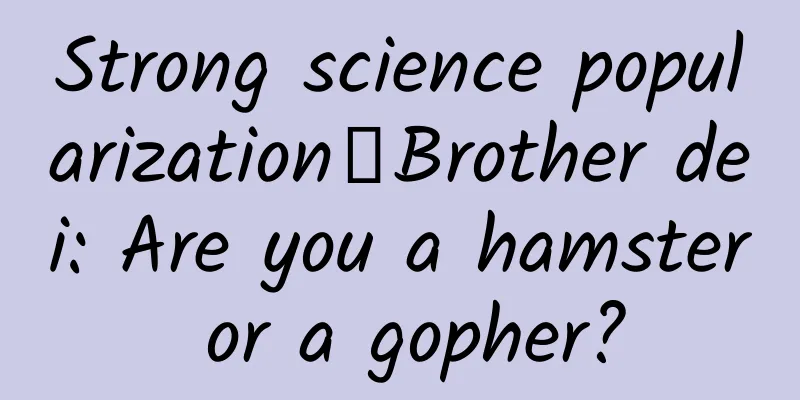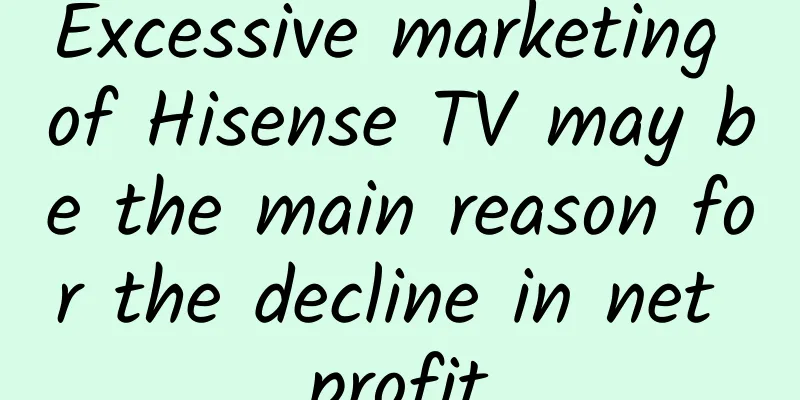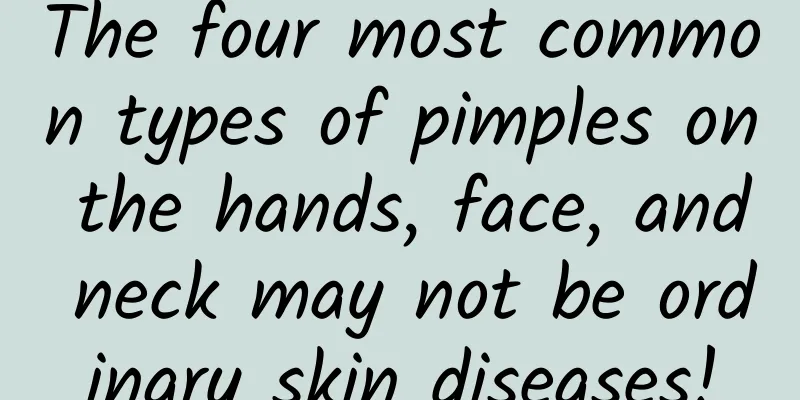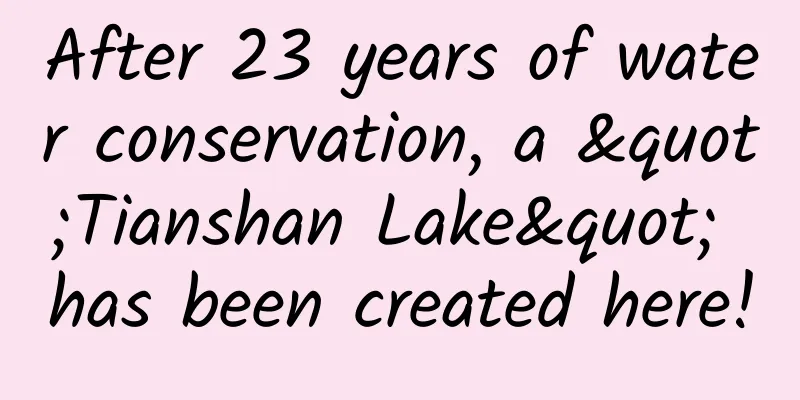Can you really get over your ex? It might be hard...
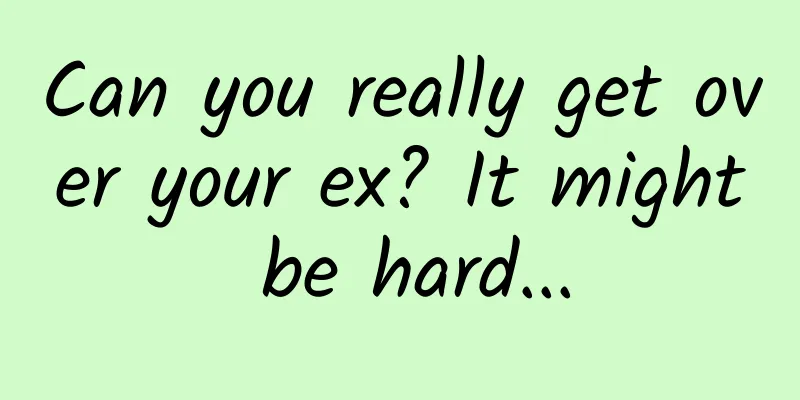
|
Leviathan Press: If you were asked to recall and summarize your exes, would you summarize some common characteristics they have? This may be difficult for some people to answer. Even if you summarize descriptions such as "kind" and "sensitive", it always feels too general. After all, these words are also applicable to many strangers. Wait... can we say that the types these people like are very general? I believe they definitely don't think so. There is always some kind of "mysterious" factor that is difficult to summarize that makes them crazy about the types they like. To understand this, though, we need to have a fairly comprehensive understanding of what a “type” is—it’s probably a reflection of your past cognition and experience. When I asked my friends, “What type do you like?” no one seemed particularly surprised by the question, and quite a few responded without hesitation. Almost everyone gave me very specific answers. Things like: warm, friendly nerds; emotionally distant people; strong, round-faced women; sensitive weirdos. Some of them described to me exactly the type of partner they’ve always liked; some may have just tried to fit a motley crew of exes into a logical pattern. In either case, I got the feeling that they’d thought a lot about their relationship type. The idea of a “type” — a set of physical, psychological or other traits that we’re repeatedly attracted to in a partner — seems to be ingrained in American culture. But it’s not something that’s celebrated. Instead, “type” is often described as a fixed flaw, a pattern we fall into from time to time, but shouldn’t. After all, repeating the same human template over and over in your dating life sounds pretty boring. A big part of the joke on Saturday Night Live's 2021 reality dating spoof, called What's Your Type?, is that the single women on the show keep inexplicably liking obviously lousy guys. Real-life dating is similar to the SNL spoof; contestants often say things like, "He's technically my type," or "She's not my typical type." They may initially pursue someone they don't particularly like, but in the end, most of them choose their favorite type. In real life, emotion coaches, influencers, therapists, and journalists have been advising singles to "date someone outside of your type," an approach that has apparently not paid off so far. Many people have narratives about their relationship preferences. But I wondered if “type” actually guides our dating—and if so, whether it’s actually a bad thing. If you use it to label people, or to exoticize people’s physical traits into a sexual fantasy, it’s unhealthy. But I thought there might be a way to reconcile being open about who you date with how you react to certain personality traits. So I talked to some psychologists. The Atlantic They told me that "type" does exist, but it might not be what you think it is. It's not some mysterious attribute that makes you unconsciously attracted to someone; instead, it probably has roots that you can clearly trace back to past relationships. It might help to figure out what those roots are. Couples tend to have some similarities with each other. For example, in a 2017 study[1], researchers found that participants had similarities with their ex-partners in terms of attractiveness, IQ, and educational aspirations (this held true regardless of whether the relationship was casual or serious). Another 2019 study[2] analyzed participants’ former and current partners and found consistency across the “Big Five” personality traits: agreeableness, conscientiousness, extraversion, neuroticism, and openness to experience. Some research even suggests[3] that people may have stable “types” when it comes to specific physical traits, such as eye color. But this phenomenon can be explained, at least in part, by “group stratification”: we are more likely to meet and interact with people around us, who tend to have certain traits in common. Students at elite universities tend to date their classmates; astrophysicists may prefer to partner up with other scientists. For example, a 2017 study found that when they restricted participants’ choices about certain traits, such as IQ and academic ambition, they significantly reduced their preference for discrete choices when they restricted their choices to the school they attended. Let’s say that dating apps help you connect with people who are unlikely to live near you, be in the same groups, or attend the same activities as you — but that doesn’t always mean people will use them that way. Even beyond physical proximity, researchers have found that we are still likely to date people who are similar to us, a depressing finding they call “assortative mating”: People tend to partner with people who match them in factors such as education and income. This may be different from the specific, clear, personal tendencies that my friends tell me about. Usually, when we talk about "genre", we are referring to a clear, specific, and personal set of tastes. But people’s stated preferences don’t always match their actual preferences. “People don’t know themselves particularly well,” Claudia Brumbaugh, a psychologist at Queens College, City University of New York, who has studied romantic preferences, told me. When it comes to actual relationships, the qualities people ultimately value are pretty basic and remarkably consistent across cultures: kindness, intelligence, physical attractiveness. Brumbaugh hypothesized that if people were prompted to choose a type, they might think of something relatively unique, like “artist.” In reality, the qualities that attracted them to their partner might not come to mind — because they’re so obvious. However, we are not always attracted to the same type of people, smart and handsome. Besides how similar they are to you, another reason you might choose a certain type is that they remind you of someone you loved in the past. Researchers have found that familiarity can increase our attraction to someone [5]. This can happen over time from being in touch with a person, but it can also be due to a sense of familiarity from being similar to someone we've known before. Brumbaugh studies this in the context of attachment theory, which describes how our past experiences influence the way we form new relationships. As Brumbaugh points out, these romantic echoes can be dangerous. Some research[8] supports the idea that first love—even the silly teenage romance that seems to be—can set a bad benchmark, either because you don’t expect enough from subsequent relationships or because you expect too much. But the bad qualities of a former partner don’t always drive a person to seek out similar people; perhaps they’re missing the good qualities of their ex, Yoobin Park, a postdoctoral researcher at the University of California, San Francisco, told me. Through repeated exposure, you can even learn how to gracefully deal with those qualities you don't like so much. Of course, this doesn't mean you should date the same type of person over and over again. What really matters is that you realize the consistency in your partner selection; that you consider the historical reasons for that consistency; and that you are honest about your role in it. People tend to focus on the initial decision to choose a partner, as if the buck stops there, when in reality, dating a new partner may not fundamentally change the outcome. Your flaws and insecurities will persist no matter who you're with. The only absolute constant in all your romantic entanglements is you. By Faith Hill Tempura Proofreading/Rabbit's Light Footsteps This article is based on the Creative Commons License (BY-NC) and is published by Tempura on Leviathan The article only reflects the author's views and does not necessarily represent the position of Leviathan |
>>: A diver was bitten by a moray eel underwater and his blood turned green...
Recommend
What does it mean when the dragon raises its head on February 2? What are the customs? Attached is the best time to get a haircut!
The second day of the second lunar month every ye...
How to create an app with tens of millions of users?
In the era of "users are king", owning a...
Taking SEM advertising as an example, how data analysis can optimize promotion methods!
% ignore_pre_1 % Advertising guru John Wanamaker o...
After the WeChat US ban, Tencent delivered a financial report that far exceeded expectations
After the United States issued executive orders t...
Xuxu's "10-Day Guide to Finding Love in the Spring Festival" video tutorial
Xuxu's "10-Day Spring Festival Guide to ...
The most important iPhone launch since then: Four key issues in Apple's earnings report next week
Apple will release its first earnings report next...
Popular Science Illustrations | The most infatuated love brain in our body: red and white blood cells
Editing and design/Zhuo Yingzi Review/Liu Xiaoyon...
Earphones may make Apple the king of wearables
I ran down the subway station stairs, thinking I ...
What is an airplane black box? How many are there? What color is it?
At present, rescue work at the scene of the China...
Shake on iPhone
Source code introduction: It is very simple to im...
【Photo Editing】Photo Editing Class
【Photo Editing】A brief introduction to the resour...
Do you feel like you have two noses? This is actually the "Aristotle illusion"
Let's do an interesting experiment: cross the...
Let me show you some colors! The source of color in the food world
Food pigments are food additives that can be cons...
Can eating less meat reduce carbon emissions?
This year, the temperature has been unusually cha...
